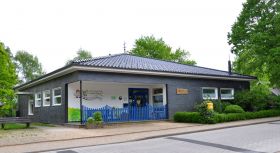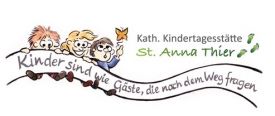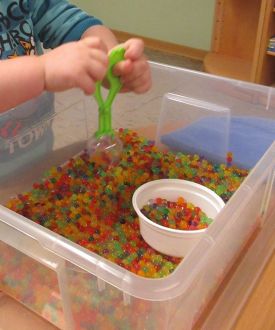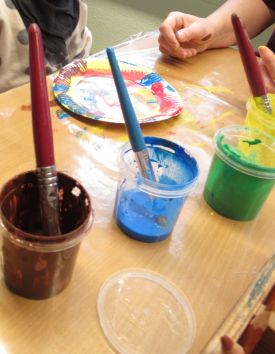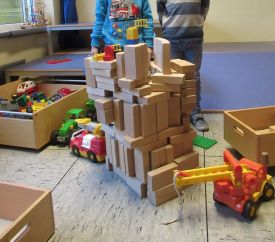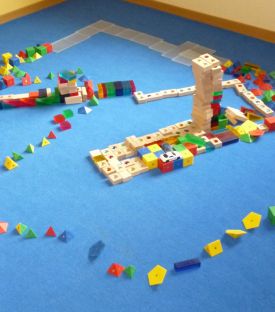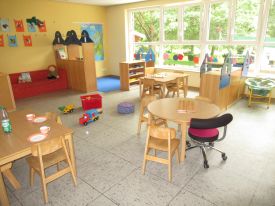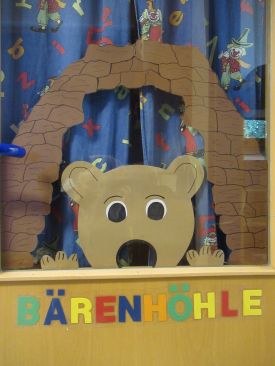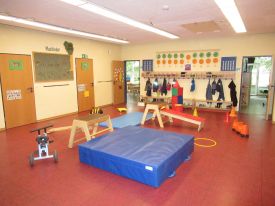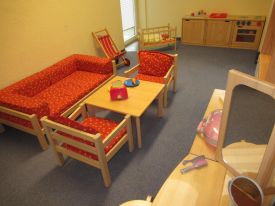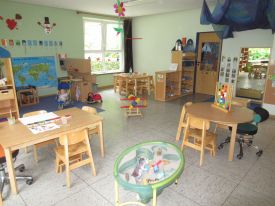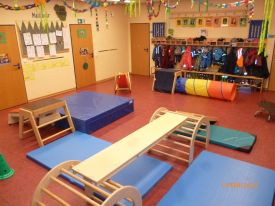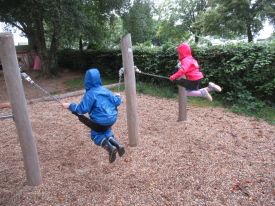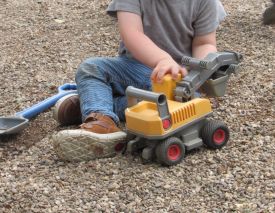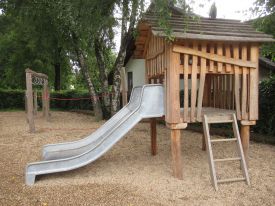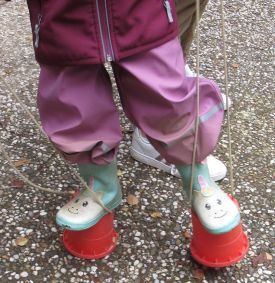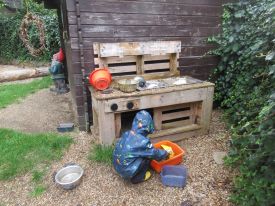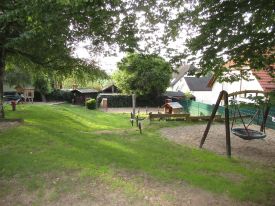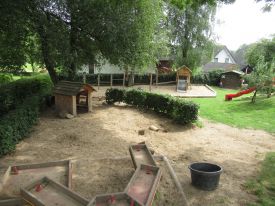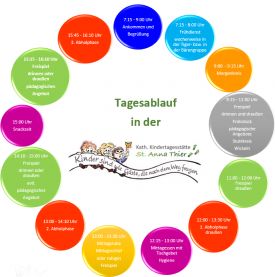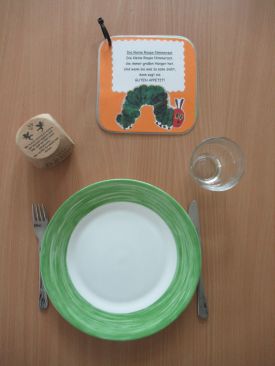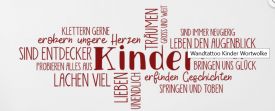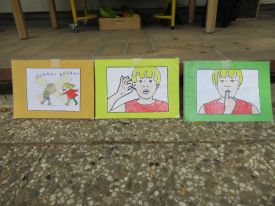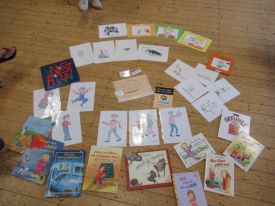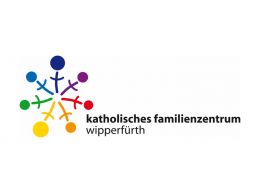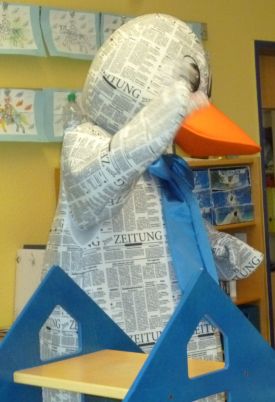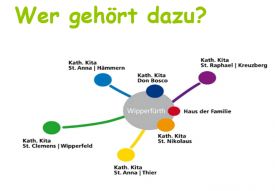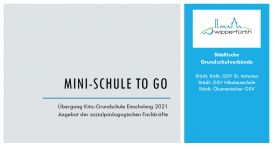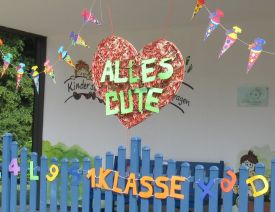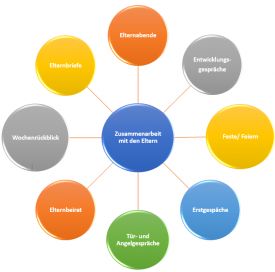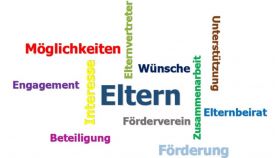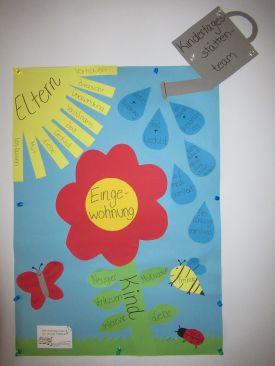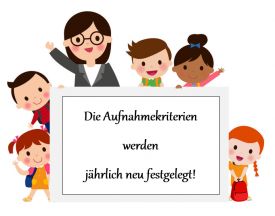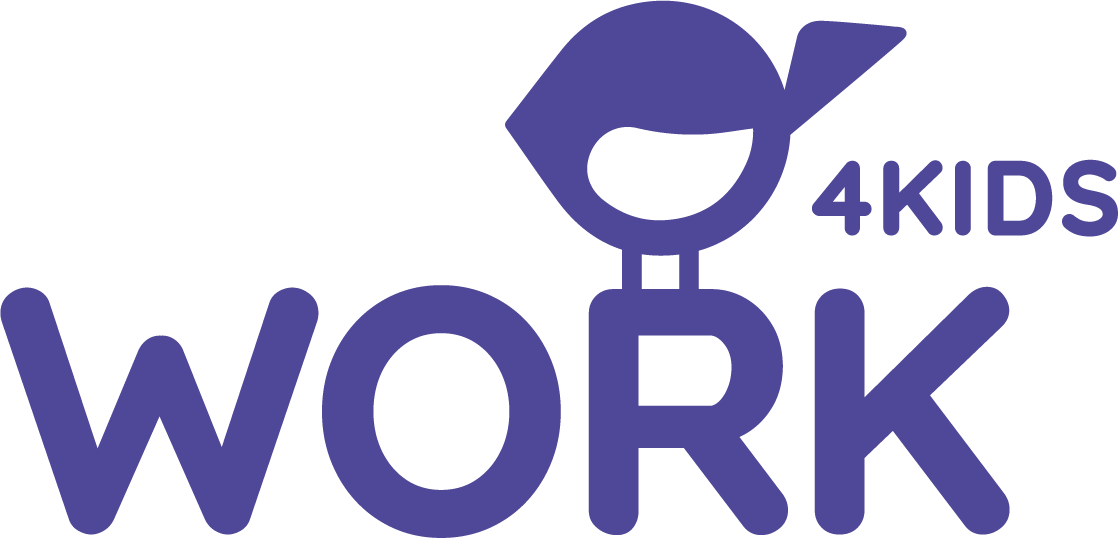Cooperations
Our cooperation partners
Catholic family center Together with the Catholic day care centers from the parish and the Catholic family education center, the family home, we are part of the Catholic family center. The family center works according to the motto: "Out and about with little people".
The focus is on the children and accompanying their families on the basis of Christian values. As a Catholic family center, we also offer numerous offers in the areas of education, advice and help for families.
A lively network of specialist institutions, including the psychological counseling center, speech therapy, and early intervention has emerged, which offers help, advice and support in a variety of life situations and can be conveyed by the educators.
Educational advice center
The educational counseling center is an important point of contact for parents with everyday parenting questions, behavioral and developmental problems, as well as difficult family situations. Here we are happy to support the parents in establishing contact.
Early intervention center
If a child has special needs, the early intervention center in Wipperfürth is available.
Therapists such as speech therapists and occupational therapists.
Every child is individual. There are children who have special needs in individual areas. We want to support these children in their holistic development. The constant exchange with parents is of great importance here. Together with specialists such as speech therapists, occupational therapists, etc., we accompany the child competently on his further life.
Therapists such as speech therapists and occupational therapists
Every child is individual. There are children who have special needs in individual areas. We want to support these children in their holistic development. The constant exchange with parents is of great importance here. Together with specialists such as speech therapists, occupational therapists, etc., we accompany the child competently on his further life.
Bergische Agency for Cultural Landscape BAK gGMbH
The primary goal of the cooperation is to strengthen a modern, natural science education as well as an experience and action-oriented education that is based on the principles of sustainable development. The activity "Kita auf Expedition" takes place regularly in the Kita, e.g. domestic animals that we can find in the Oberbergischer Kreis and are of interest to children, for example spiders, moles, voles, earthworms, beetles, flies, etc.
Health department
We are in contact with the health department for questions about infection protection and hygiene measures. We also inform the health department about diseases that are subject to medication. The school entrance examination is carried out by the medical officer of the health department and usually takes place in Gummersbach.
Roundabout Police
The traffic safety consultants from Gummersbach offer target group-oriented prevention projects, e.g.
Pedestrian training for children from an early age.
Crossing the lane is practiced with the preschool children on two dates. In most cases, there is a crossing to an unsecured and a secured (traffic island). After the theoretical preparation in the facility, the practical exercise takes place on the street. Parents are always invited to these appointments.
Goals include
Conveying behavioral patterns, for example with "stop at the curb" Clarification of development-related restrictions, e.g. distraction Role model function of the parents Promotion of the independent participation of children as pedestrians. Parents should let the children be "boss" during exercises in the traffic area.
In addition to the practical exercises, the children get to know the police dog Wuschel.
An information evening is also offered for parents. It is all about the road safety of children (as pedestrians, cyclists, passengers in cars).
On-site cooperation
Finally, there is the on-site cooperation such as the cooperation with the fire brigade, various associations (e.g. sports, music club) and the parish library.

